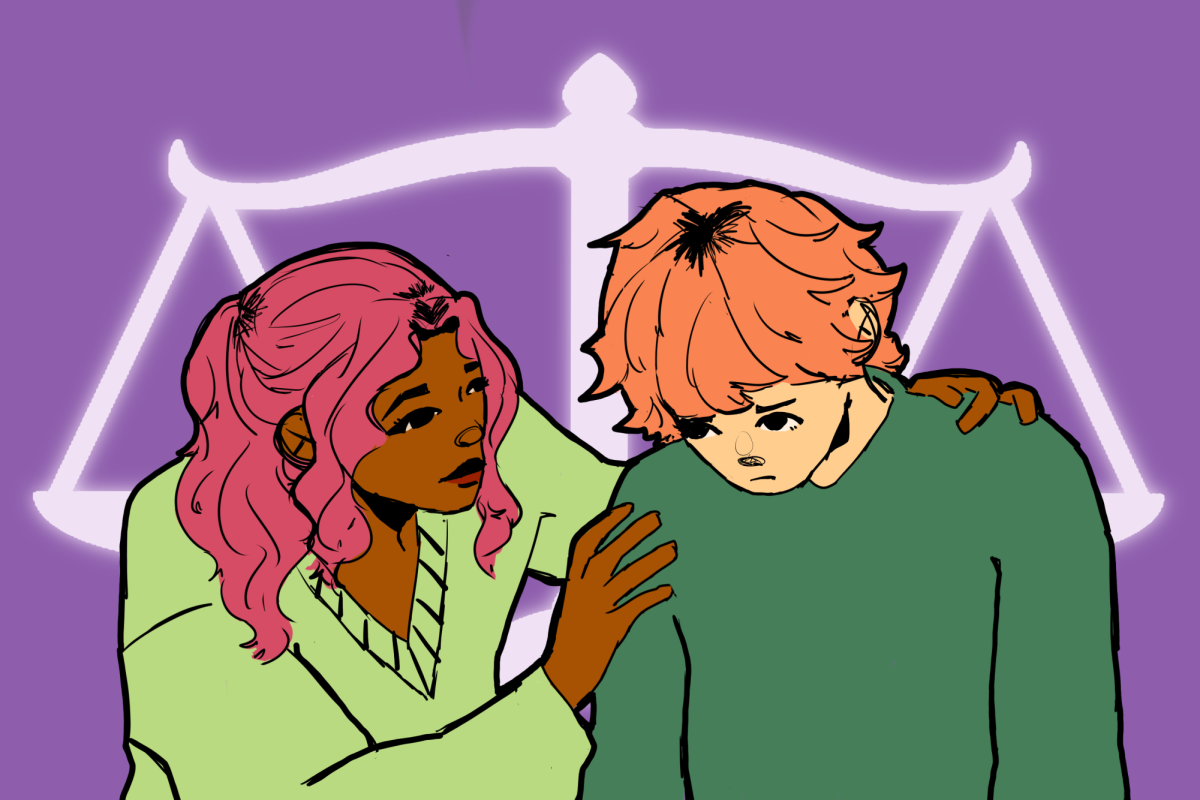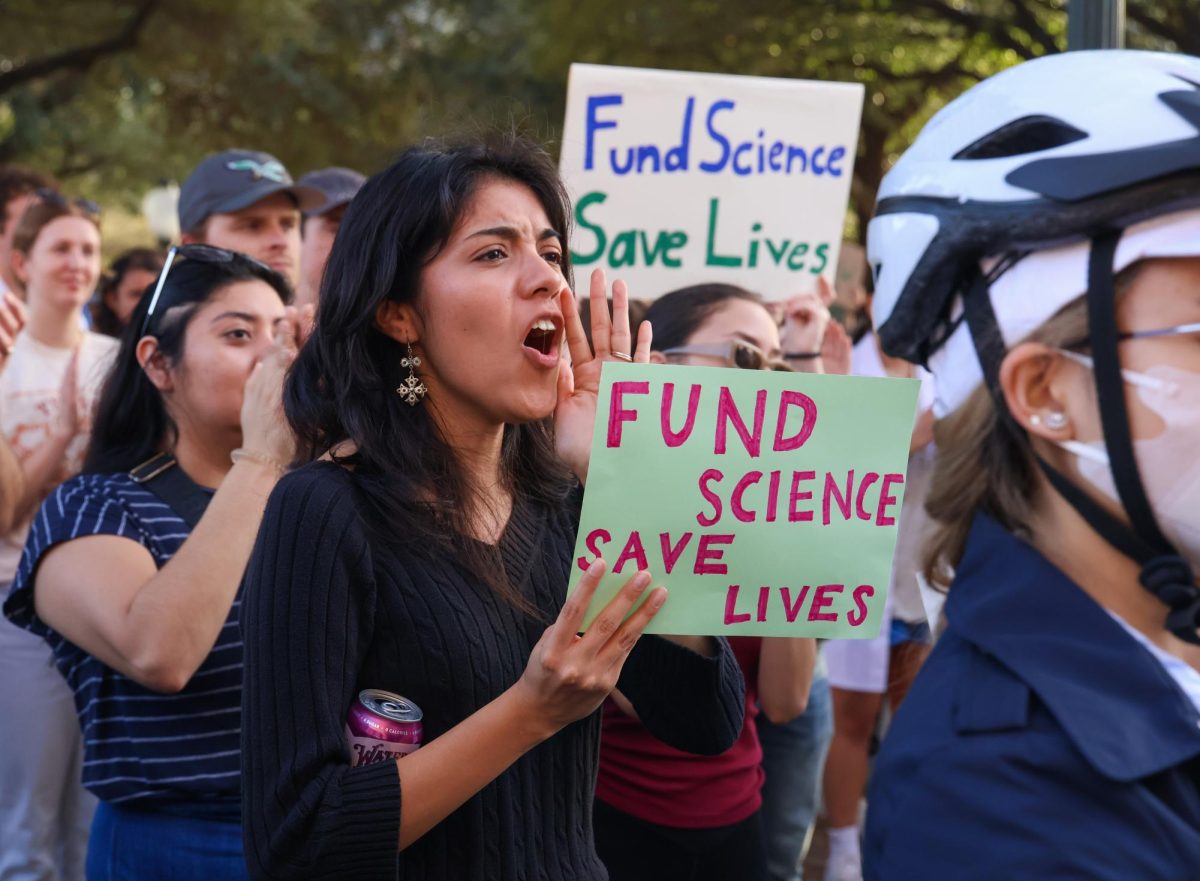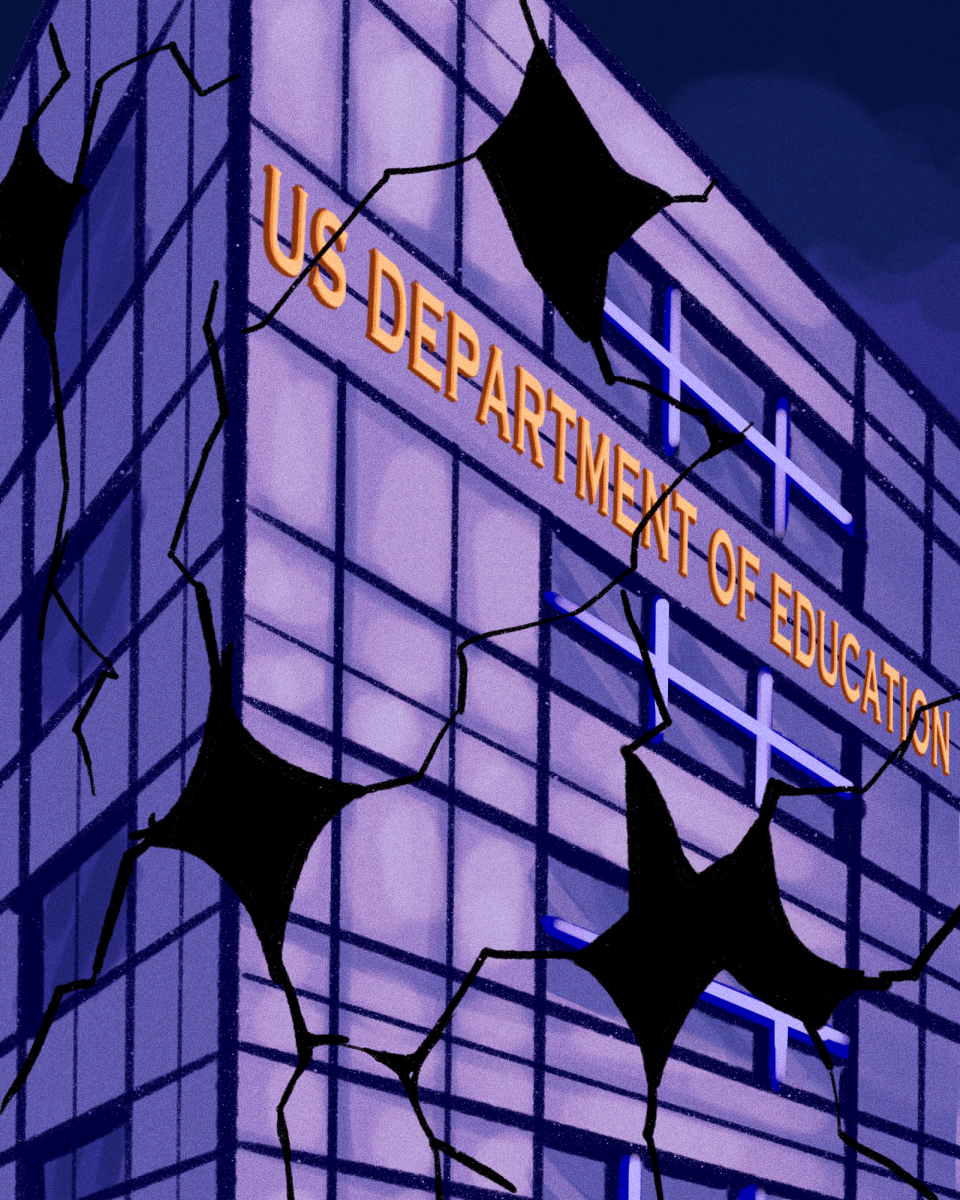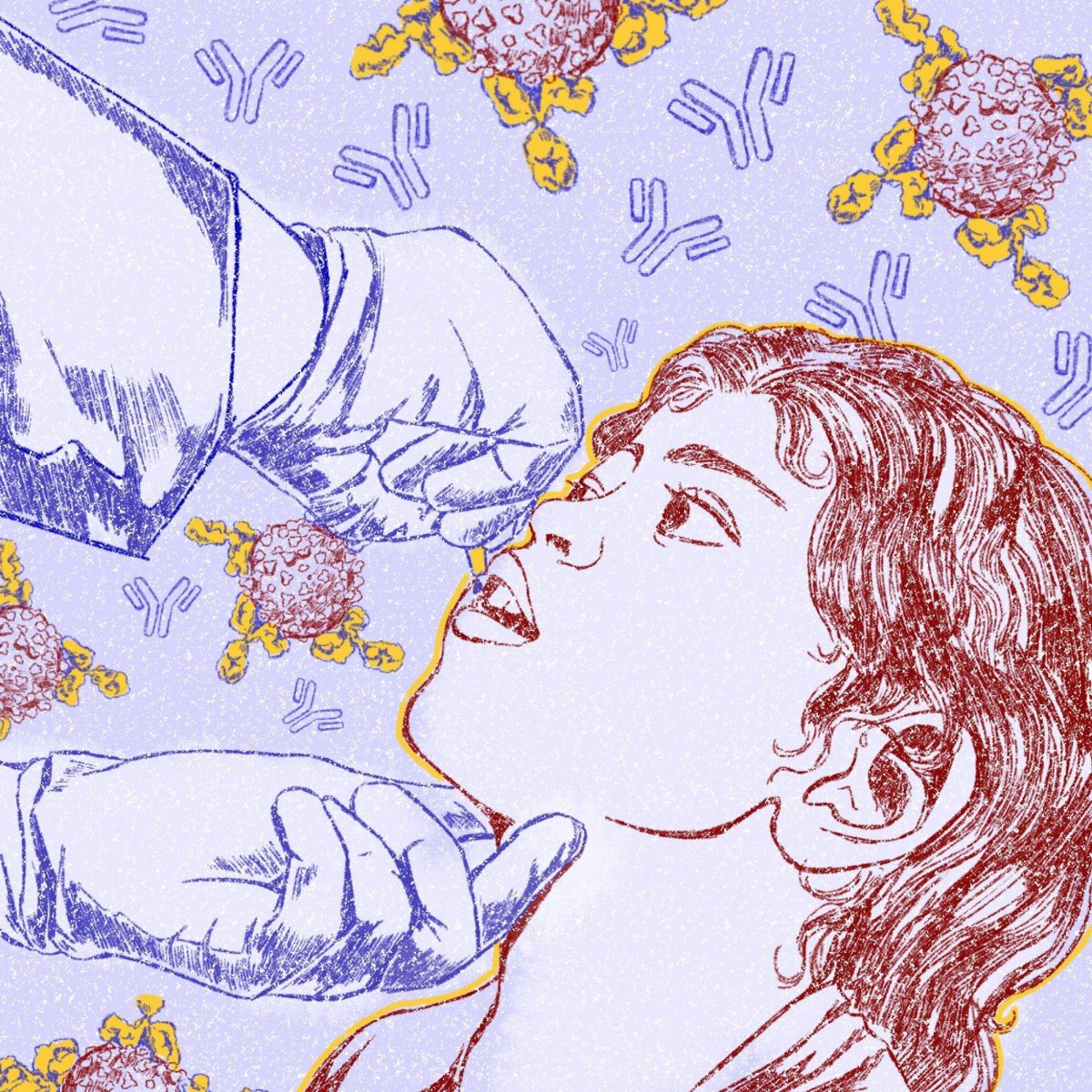Travis County increased funding on Oct. 29 for a court-led diversion program providing mental health support and mentorship to youth to reduce the likelihood of repeated exposure to the justice system.
A portion of a $60,000 donation from the city of Austin will go towards the program which convenes a group of 17 to 20-year-olds for monthly meetings meant to allow them to engage with resources outside of a traditional courtroom space.
Research shows young adults exposed to the justice system — also known as “system-impacted” — exhibit greater need for mental health services. Judge Denise Hernández, who reviews all eligible youth cases each week, said as a system-impacted person herself, the program’s focus is very personal, so she focused on re-organizing it.
“When I became a lawyer and when I became a judge, I knew I wanted to bring forth a more holistic view on how we look at cases,” Hernández said. “How do we begin to connect people back to community and connect them back to their own personal powers so that they can make transformation within their own lives?”
Hernández said she was interested in partnering with community stakeholders, including data hubs and universities like UT, to address the “core issues” impacting youth in the justice system.
The Amplify Center at UT Health Austin, a young adult mental health clinic, is one of more than 15 partners in the program. The center opened last February and is en route to becoming a public mental health services provider, though it currently mainly serves the Austin Community College. Hernández said the center’s goals aligned with the core strategies of the program.
“The Amplify Center as a whole takes this approach of looking at adolescents, youth (and) emerging adult experience through the lens of mental health,” Hernández said. “(When) we look specifically to justice-involved youth and emerging adults, you see that there’s a big concern around mental health support.”
Deborah Cohen, founder and executive director of the Amplify Center, said the development of serious mental illness tends to happen between adolescence and young adulthood. She said she founded the Amplify Center to reform the early intervention landscape for mental health services in Texas. The center is first of its kind, she said.
Once a participant is approved to join the program, Amplify works with a case manager to identify the best service for them. A multidisciplinary team provides support such as psychotherapy and psychiatry, as well as non-traditional services such as career development and food access resources.
“When working with older adolescents and young adults, focusing all of your services on success in adult relationships and work and school is the key to success,” Cohen said.
Hernández added that finding a range of community partners helps “center the humanity” of program participants and grant them choice and autonomy in their path to recovery.
Hernández said the Steve Hicks School of Social Work has provided program interns. The school did not respond to requests for comment.
Cohen said the Amplify Center is also in the process of adding to their team to support growing interest in the program.
“Our ultimate goal is to help to provide short term services when people are early in their mental health journey so they can learn some coping skills, learn some tools and tricks about how to be successful in their work (and) school relationships, typical young adult needs,” Cohen said.














